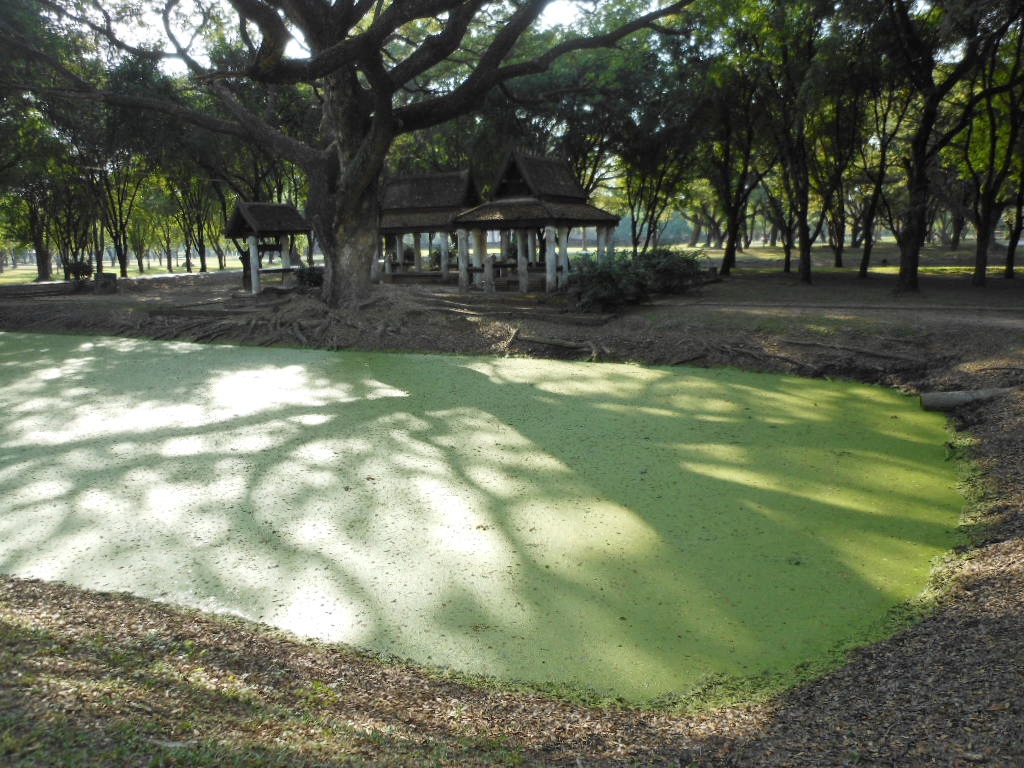Sustainable Living
Always On Is Expensive
We have heard for years that electronic devices in our homes that stay on even when we are not using them waste a lot of energy. These so-called “vampire loads” have become more prevalent all the time as our gadgets become smarter and more connected.
The Downside Of Nitrogen Fertilizer
Yesterday, we introduced the topic of synthetic nitrogen fertilizer. Anyone with a lawn or a garden is familiar with the product. But prior to the 1950s, it use was not the norm.
Too Much Of A Good Thing
Bags of garden fertilizer are labeled with three numbers, such as 15-4-5. These numbers indicate the percent of nitrogen, phosphorus, and potassium in the product. The remainder of the bag is filler that helps the fertilizer disperse.
Record CO2 Concentrations
Two years ago, we talked about a report out of the observatory on Mauna Loa in Hawaii of the first modern measurements of carbon dioxide levels greater than 400 parts per million. But it was only in that location and only for a brief period of time.
An Advance In Artificial Photosynthesis
Photosynthesis is nature’s great energy conversion system. Plants and other organisms convert light energy from the sun into chemical energy in the form of carbohydrate molecules, which are synthesized from carbon dioxide and water.
Protecting Working Forests
The U.S. has more than 420 million acres of “working” forests, which provide timber for construction, as well as pulp for paper and packaging. Apart from these economic benefits for communities, such forests provide clean air and water and wildlife habitat. Nearly 45 million acres of these forests are at risk of being lost to development.
Affordable Jet Fuel
The aviation industry contributes a relatively small percentage of the world’s greenhouse gas emissions – less than 2%, in fact. But jet fuel represents a major expense for the industry that makes it vulnerable to price fluctuations and geopolitical forces.
Airguns In The Atlantic
Seventy-five scientists have issued a plea to President Obama to halt the use of seismic airguns in the Atlantic Ocean. The guns are used for oil and gas exploration mapping, and create a blast of air and sound underwater.
When Planting Trees Is Bad For Biodiversity
Over the past decade, more than five million acres of forests and farms worldwide have been cleared for agro-industrial rubber plantations. The driver is the growing demand for rubber products – especially tires – which use 70% of the annual rubber production.
[Read more…] about When Planting Trees Is Bad For Biodiversity



















